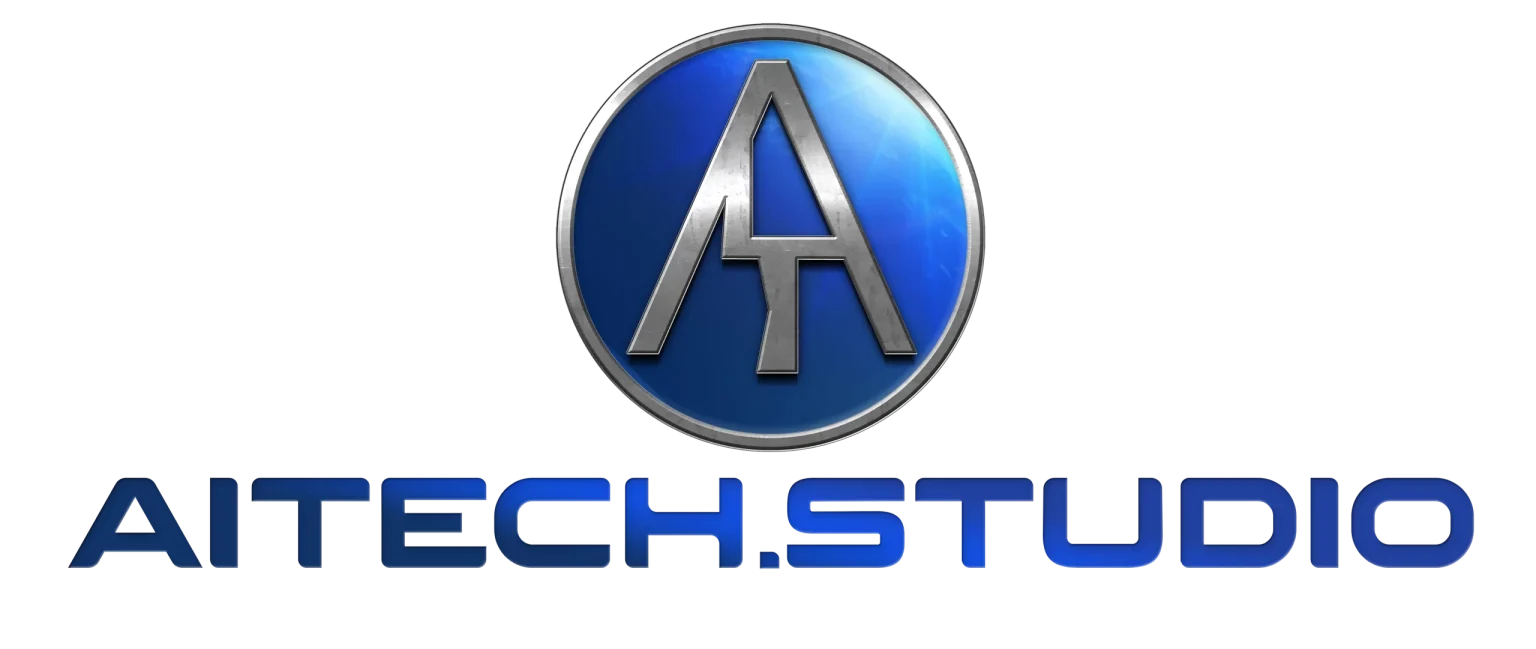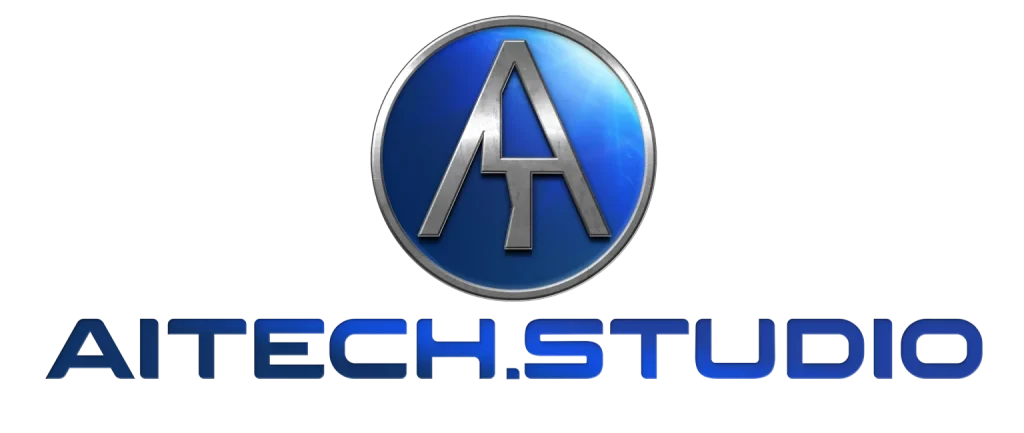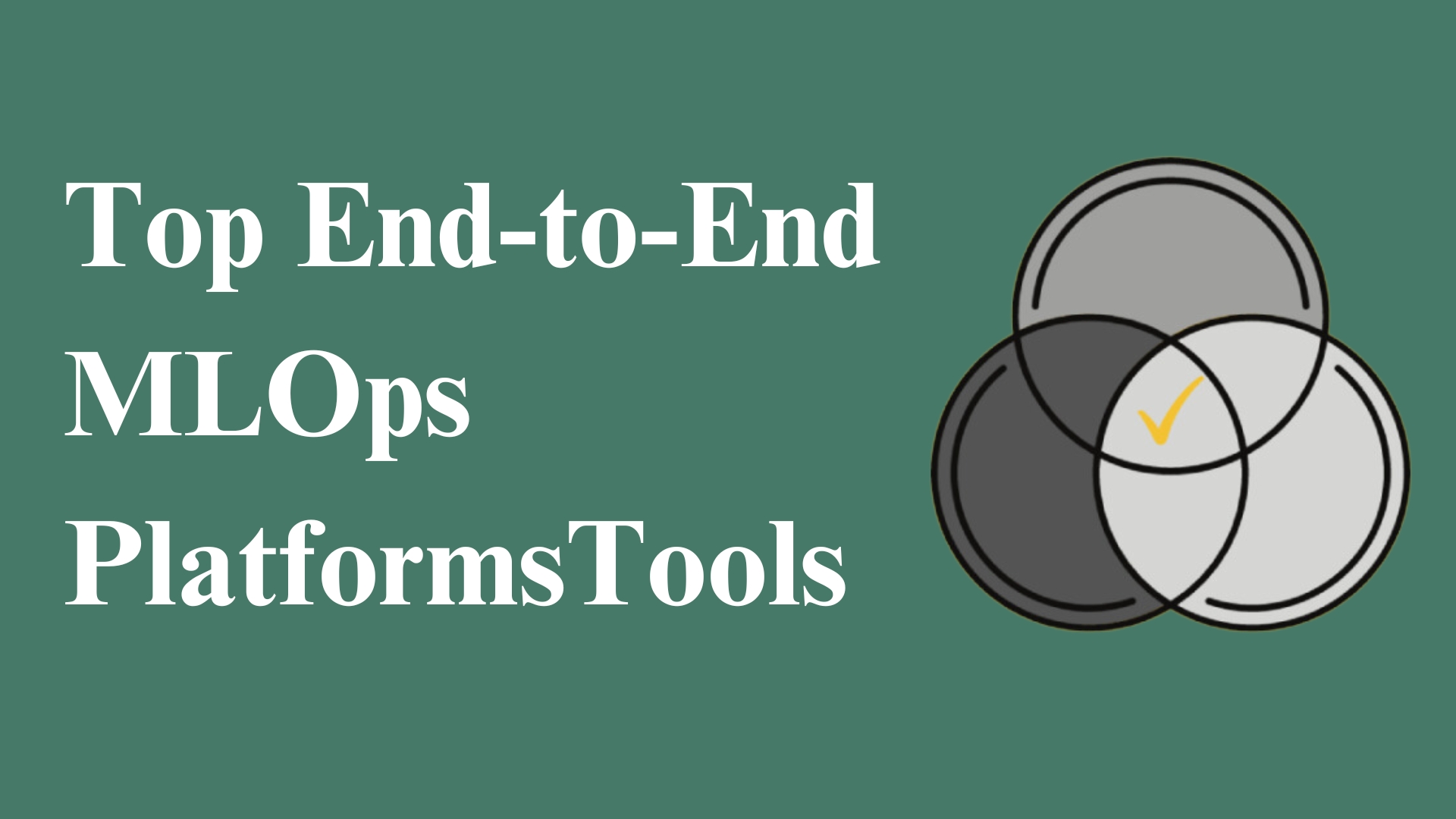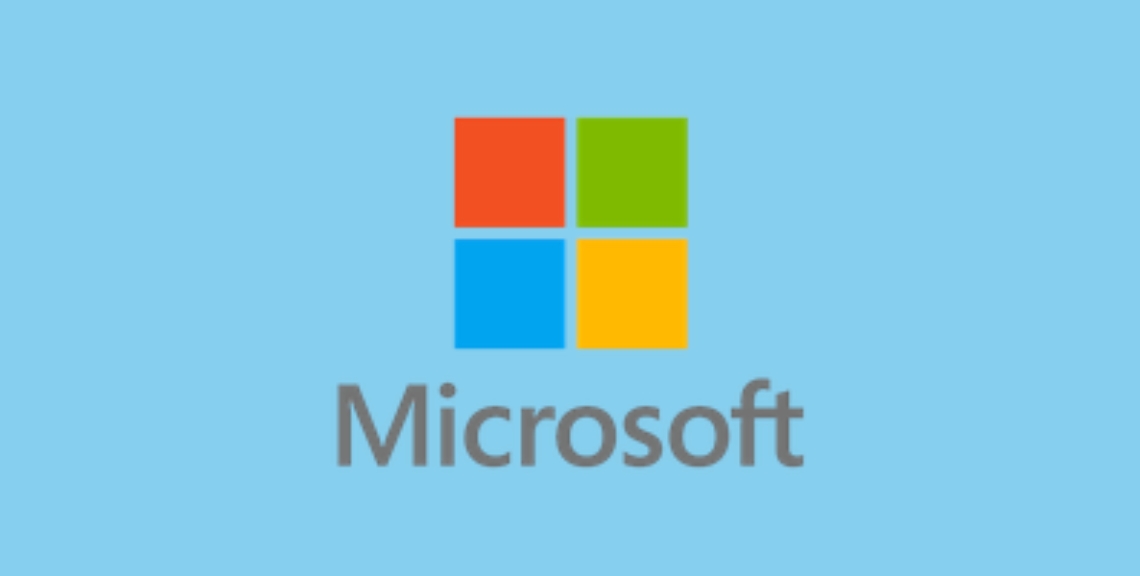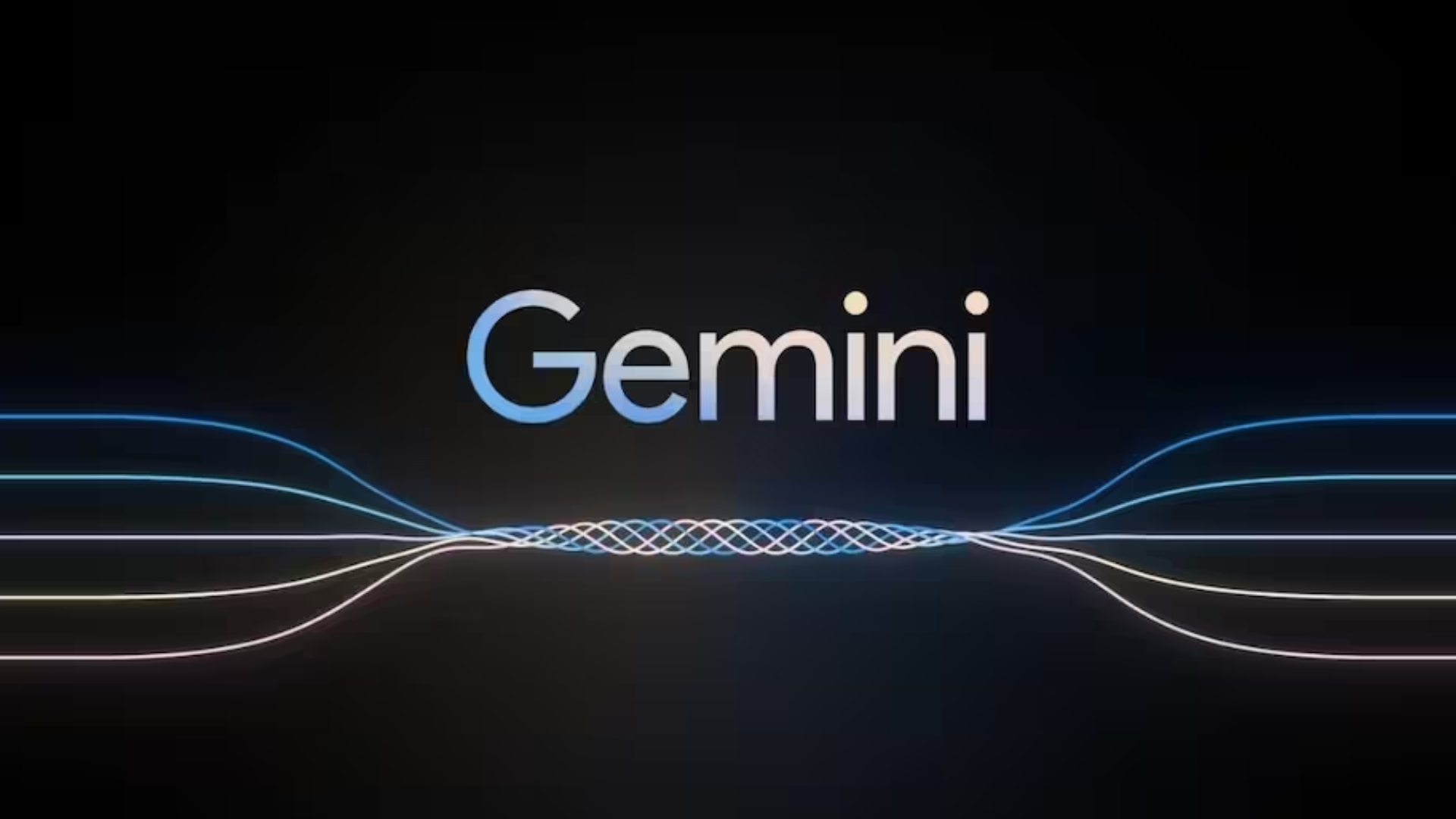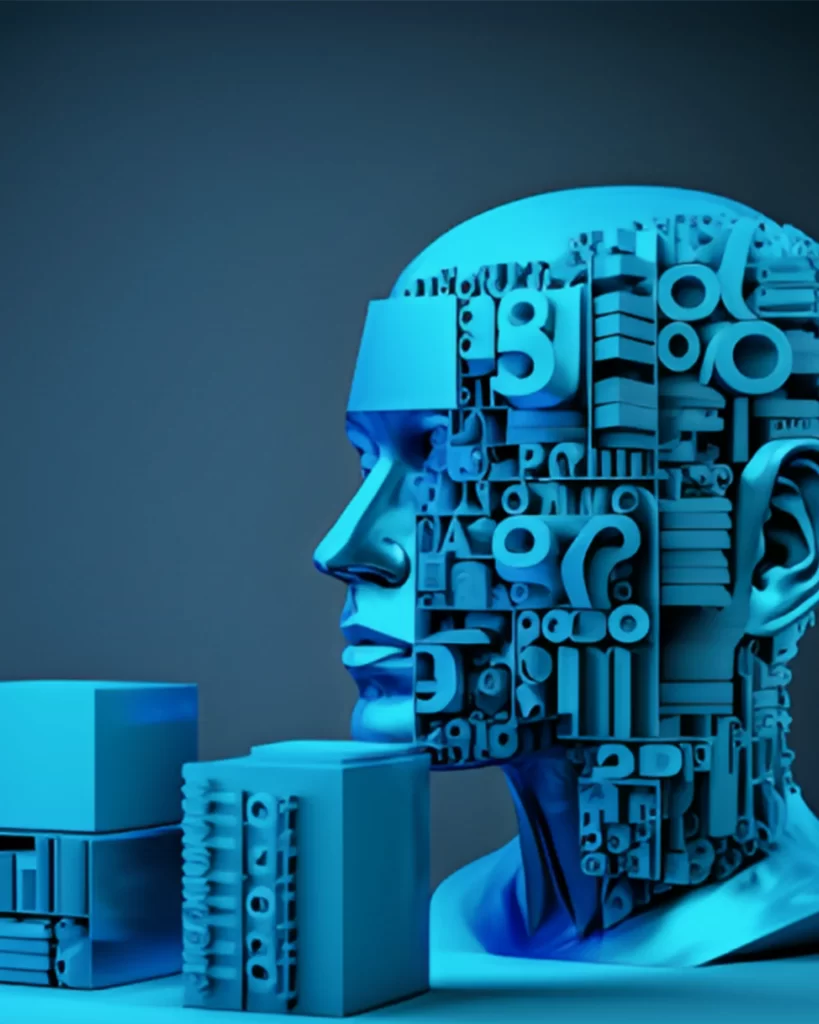Enhancing MLOps: Great Insights into Better End-to-End Tools
MLOps Tools encompasses all-encompassing software solutions tailored to streamline the entire machine learning (ML) lifecycle. These platforms streamline tasks ranging from data preparation and model training to deployment and monitoring, automating and orchestrating the various stages of the ML workflow. By improving efficiency, scalability, and reliability, MLOps Tools facilitates seamless integration and collaboration among teams.
This holistic approach facilitates smoother transitions between the development, testing, and deployment phases, ensuring a streamlined and well-managed ML process. Ultimately, MLOps platforms contribute to faster model deployment, improved collaboration, and robust monitoring, fostering a more agile and effective ML development cycle.
Great Core Features: Epic End-to-End MLOps Platforms:
- Experimentation and model development:
- Version control and also experiment tracking for reproducibility.
- Parameter management and also hyperparameter tuning.
- Feature engineering and also data preprocessing tools.
- Integration with various ML frameworks and also libraries.
- Automated model training pipelines.
- Model deployment and serving:
- Model registry for storing, managing, and also versioning trained models.
- Model deployment tools for deploying models to various environments (on-premise, cloud, edge).
- Model serving infrastructure for real-time inference.
- API Gateway for integrating models with applications.
- Model monitoring and management:
- Monitoring model performance and also metrics in real-time.
- Detecting and also alerting for model drift and degradation.
- Explainability and also interpretability tools to understand model behavior.
- Governance and also compliance features for managing models responsibly.
- Collaboration and communication:
- Centralized platform for sharing and also collaborating on ML projects.
- Version control and also audit trails for tracking changes.
- Integrated communication tools for discussion and also feedback.
- Automation and orchestration:
- Workflow automation for managing the entire ML lifecycle.
- Pipelines for building and also deploying ML models efficiently.
- Containerization and also deployment tools for consistency and portability.
- Security and compliance:
- Secure access control and also authentication.
- Data encryption and also privacy features.
- Regulatory compliance tools for meeting industry standards.
Remarkable Benefits of using End-to-End MLOps platforms:
- Increased efficiency and productivity: Automates tasks and also reduces manual effort.
- Improved model quality and performance: Provides tools for monitoring and also optimizing models.
- Faster time to market: Streamlines the ML lifecycle and also accelerates deployment.
- Reduced costs: Optimizes resource utilization and also avoids errors.
- Improved collaboration and communication: Provides a central platform for teams to work together.
- Enhanced governance and compliance: Ensures models are built and also deployed responsibly.
MLOps platforms: Tools for end-to-end integration:
- Kubeflow
- MLflow
- Metaflow
- Amazon SageMaker
- Microsoft Azure Machine Learning
- Google Vertex AI
- DataRobot
- Domino Data Lab
- Paperspace Gradient
- FloydHub
Excited MLOps Powerhouses, End-to-End Regeneration!
1. Kubeflow: Streamlining ML Workflows on Kubernetes:
Description:
Kubeflow, an open-source platform, is purpose-built for the deployment and management of machine learning workflows on Kubernetes, a highly scalable container orchestration system. It excels in streamlining the entire machine learning lifecycle by delivering pre-configured Kubernetes components tailored for critical stages like model training, serving, and monitoring.
Workings:
Operating with utmost simplicity, Kubeflow orchestrates ML tasks seamlessly using YAML files or Python code. This user-friendly approach allows individuals to effortlessly construct and deploy customized workflows. Leveraging the scalability and container orchestration prowess of Kubernetes, Kubeflow establishes a robust infrastructure. This infrastructure becomes the backbone for deploying, managing, and efficiently scaling machine learning applications. Transitioning between various stages of the ML lifecycle becomes fluid, ensuring a cohesive and scalable environment for the development and deployment of machine learning models.
2. MLflow: Empowering ML Lifecycle with Versatile Solutions:
Description:
MLflow stands out as an open-source powerhouse devoted to seamlessly overseeing the complete machine learning journey. From overseeing experiments to model serving and also maintaining a model registry, MLflow is a comprehensive solution. It’s a go-to platform for teams navigating the intricate landscape of the machine learning lifecycle.
Workings:
MLflow excels at simplifying the experiment tracking process, allowing users to effortlessly log parameters, metrics, and also artifacts. It’s more than just a tool; it’s a facilitator for managing model versions and deploying them across diverse environments. What sets MLflow apart is its adaptability—integrating seamlessly with a variety of ML frameworks. This versatility amplifies flexibility in both model development and deployment scenarios. For those seeking a dynamic and also user-friendly approach to handling the nuances of machine learning, MLflow emerges as a robust choice, offering a rich ecosystem and streamlined workflows.
In essence, MLflow is your ally in navigating the intricacies of the machine learning landscape, offering a versatile toolkit to empower your team throughout the end-to-end journey.
3. Metaflow: Pythonic ML Workflow Management Framework:
Description:
Metaflow, an open-source framework, is meticulously crafted for the construction and also the administration of machine-learning workflows through Python. This framework stands out for its Pythonic approach and also versatility, providing a seamless experience from initial data preparation to the final stages of model deployment.
Workings:
Within the realm of MLOps Tools, Metaflow stands out as a potent solution, harnessing the capabilities of a Python API to streamline the creation and orchestration of end-to-end machine-learning workflows. Seamlessly navigating through tasks ranging from data preparation to the intricate process of model deployment, Metaflow ensures a cohesive and efficient workflow management experience. Its notable features include robust version control mechanisms, intuitive scheduling capabilities, and collaborative functionalities. Aligning seamlessly with Python’s syntax, Metaflow emerges not only as a powerful tool but also as an accessible and flexible one. Its dedication to user-friendly workflow management makes it an ideal choice for teams and individuals seeking a Python-centric and versatile approach to their machine-learning endeavors.
4. Amazon SageMaker: Streamlined Cloud ML Platform:
Description:
Amazon SageMaker stands as a cutting-edge cloud-based platform within the AWS ecosystem, tailored for the seamless construction, training, and also deployment of machine learning models. Operated entirely in the cloud, it embodies a user-friendly interface for innovators seeking a streamlined approach to AI development.
Workings:
SageMaker meticulously oversees the entire machine learning lifecycle, providing an array of managed services. It furnishes tools for every stage, from data preparation and model training to serving and monitoring. This inclusive platform boasts an assortment of features, including readily available pre-built algorithms, a library of built-in machine learning algorithms, and extensive customization options. SageMaker harmoniously merges efficiency and flexibility, empowering users to navigate the end-to-end process effortlessly. Notably, it excels in accelerating the deployment of machine learning models on the cloud, making it a go-to solution for those seeking a cohesive, integrated, and efficient ML experience.
5. Microsoft Azure: Streamlined ML Development in the Cloud:
Description:
Microsoft Azure Machine Learning stands as a cutting-edge, cloud-based platform nestled within the Azure ecosystem, dedicated to the comprehensive life cycle of machine learning projects. Positioned for building, training, and deploying machine learning models, it empowers users with the flexibility and scalability of cloud computing.
Workings:
Distinguished by its user-friendly interface, Azure Machine Learning provides an intuitive drag-and-drop environment, fostering a seamless experience for constructing ML workflows. This platform boasts accessibility to an array of pre-built algorithms, streamlining the model development process. Moreover, it excels in automating model training and deployment tasks, enhancing the efficiency of ML project development. The integration with various Azure services adds a layer of sophistication, creating a cohesive environment for data storage, computing, and more. Transitioning effortlessly between tasks, Azure Machine Learning stands out as a powerful tool for both beginners and seasoned data scientists, facilitating a smooth and productive journey from ideation to deployment within the Azure cloud.
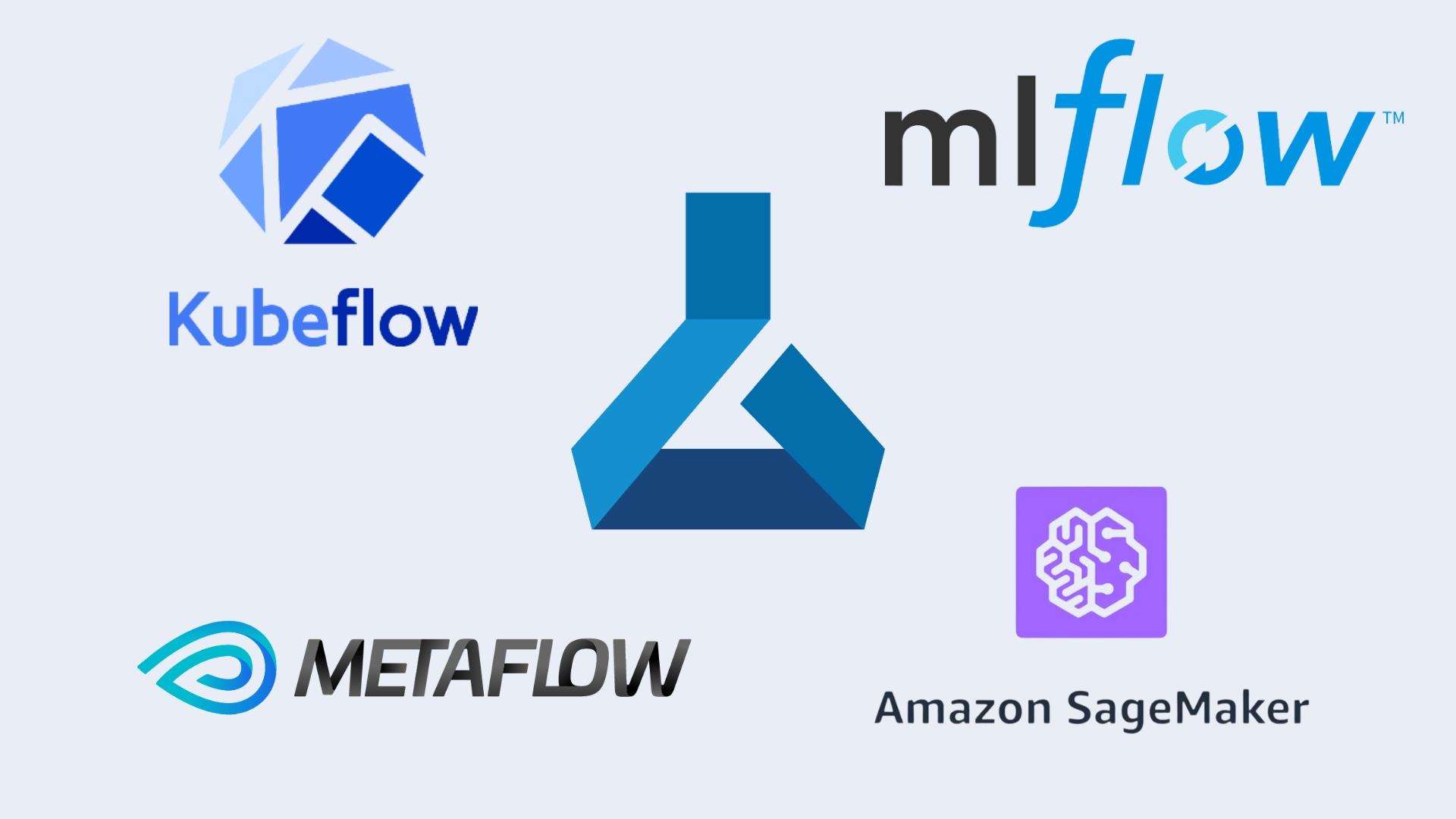
6. Google Vertex AI: Unified ML Lifecycle Excellence:
Description:
Google Vertex AI stands as a powerful cloud-based platform within the Google Cloud ecosystem, exclusively designed for the creation, training, and deployment of machine learning models. As an integral part of Google Cloud, Vertex AI streamlines the machine learning journey, offering a seamless and comprehensive solution.
Workings:
Vertex AI distinguishes itself with a versatile suite of tools meticulously crafted for each stage of the machine learning lifecycle. From adept data preparation to intricate model training, reliable model serving, and vigilant monitoring, the platform ensures a holistic approach. Notably, Vertex AI’s strength lies in its integrative capabilities with other Google Cloud services like BigQuery and Kubernetes. This seamless integration enhances the platform’s functionalities, providing users with a unified and synergistic environment. By combining pre-built efficiencies with customizable options, Google Vertex AI empowers users to navigate the complexities of machine learning with agility and precision, fostering a robust and integrated experience throughout the entire ML lifecycle.
7. DataRobot: Streamlining ML with Automated Efficiency
Description:
DataRobot stands out as an innovative cloud-based platform revolutionizing the machine learning journey, seamlessly guiding users from meticulous data preparation to efficient model deployment. This cutting-edge solution streamlines the entire process, ensuring a hassle-free experience for both seasoned professionals and those new to machine learning.
Workings:
Functioning as a powerful ally, DataRobot harnesses the capabilities of automated machine learning, eliminating the need for extensive technical expertise. This platform empowers users by simplifying complex tasks such as data cleansing, feature engineering, and model selection. Through an intuitive interface, DataRobot facilitates the optimization of models, offering a dynamic toolkit for users of diverse skill levels. The platform’s commitment to accessibility ensures that individuals at any stage of their machine-learning journey can leverage its tools to create and deploy models effectively.
In essence, DataRobot’s emphasis on user-centric design, paired with sophisticated automation, represents a substantial leap in democratizing machine learning, positioning it as a premier option among MLOps Tools for enterprises and practitioners aiming for a streamlined and effective ML journey.
8. Domino Data Lab: Premier Cloud-Based MLOps Collaboration:
Description:
Domino Data Lab stands out as a premier cloud-based platform, uniquely designed to excel in collaborative machine learning development and deployment. This innovative solution caters to the dynamic needs of teams engaged in the field of machine learning.
Workings:
At the heart of Domino’s functionality lies a user-friendly web-based interface and intuitive notebooks, empowering users in the seamless creation and sharing of machine learning projects. Through these tools, Domino not only simplifies the development process but also encourages effective collaboration. The platform goes beyond traditional capabilities, offering robust features for data visualization, experiment management, and team collaboration. This not only streamlines the development workflow but also establishes an environment conducive to efficient machine-learning practices. Domino’s commitment to fostering collaboration ensures that teams can work together seamlessly, leveraging the platform’s capabilities to achieve optimal results in their machine-learning endeavors.
In essence, Domino Data Lab exemplifies the advancement of MLOps Tools, offering a seamless integration of collaborative machine-learning processes. It presents a balanced fusion of intuitive interfaces and sophisticated functionalities, ensuring a smooth and productive development journey.
9. Paperspace Gradient: Cloud-Based ML Empowerment:
Description:
Paperspace Gradient stands out as a cutting-edge, cloud-based platform designed to empower users in the realm of machine learning. Tailored for building, training, and also deploying models, Gradient provides access to high-performance GPU servers and a suite of tools finely tuned for diverse ML frameworks.
Workings:
Empowering users with a myriad of possibilities, Gradient stands out as a comprehensive MLOps tool, seamlessly guiding them through pre-configured GPU servers and offering a versatile toolkit. Demonstrating a commitment to user-centric design, the platform features an intuitive web-based interface and integrated notebooks, streamlining project management effortlessly. Its core strength lies in simplifying resource management, a vital component within the intricate landscape of ML development. Noteworthy is its ability to expedite both development and deployment processes through GPU acceleration, thereby catalyzing the entire workflow. With seamless transitions between tasks, Gradient emerges as an indispensable ally for individuals navigating the ever-evolving realm of machine learning.
10. FloydHub: Streamlined ML Collaboration & Deployment:
Description:
FloydHub stands out as a cloud-based platform meticulously crafted to facilitate the entire lifecycle of machine learning models, encompassing development, training, and also deployment. With a commitment to user-friendly experiences, FloydHub seamlessly supports the diverse needs of machine learning practitioners.
Workings:
Operating through a user-friendly web-based interface, FloydHub empowers ML project management with intuitive notebooks. The platform enhances efficiency by providing pre-built environments equipped with popular ML frameworks and also tools. This simplification of the development process ensures a smooth workflow for users. Moreover, FloydHub emphasizes collaborative endeavors, fostering teamwork with features that enable seamless cooperation on ML projects. Transitioning effortlessly between tasks, teams find a harmonious environment for collectively realizing their machine-learning goals.
In the ever-evolving realm of MLOps Tools, FloydHub stands out not only as a platform but as a collaborative hub, embodying simplicity, effectiveness, and teamwork. Through its intuitive tools and collaborative functionalities, FloydHub is positioned to enhance the process of creating, training, and deploying machine learning models for individuals as well as teams.
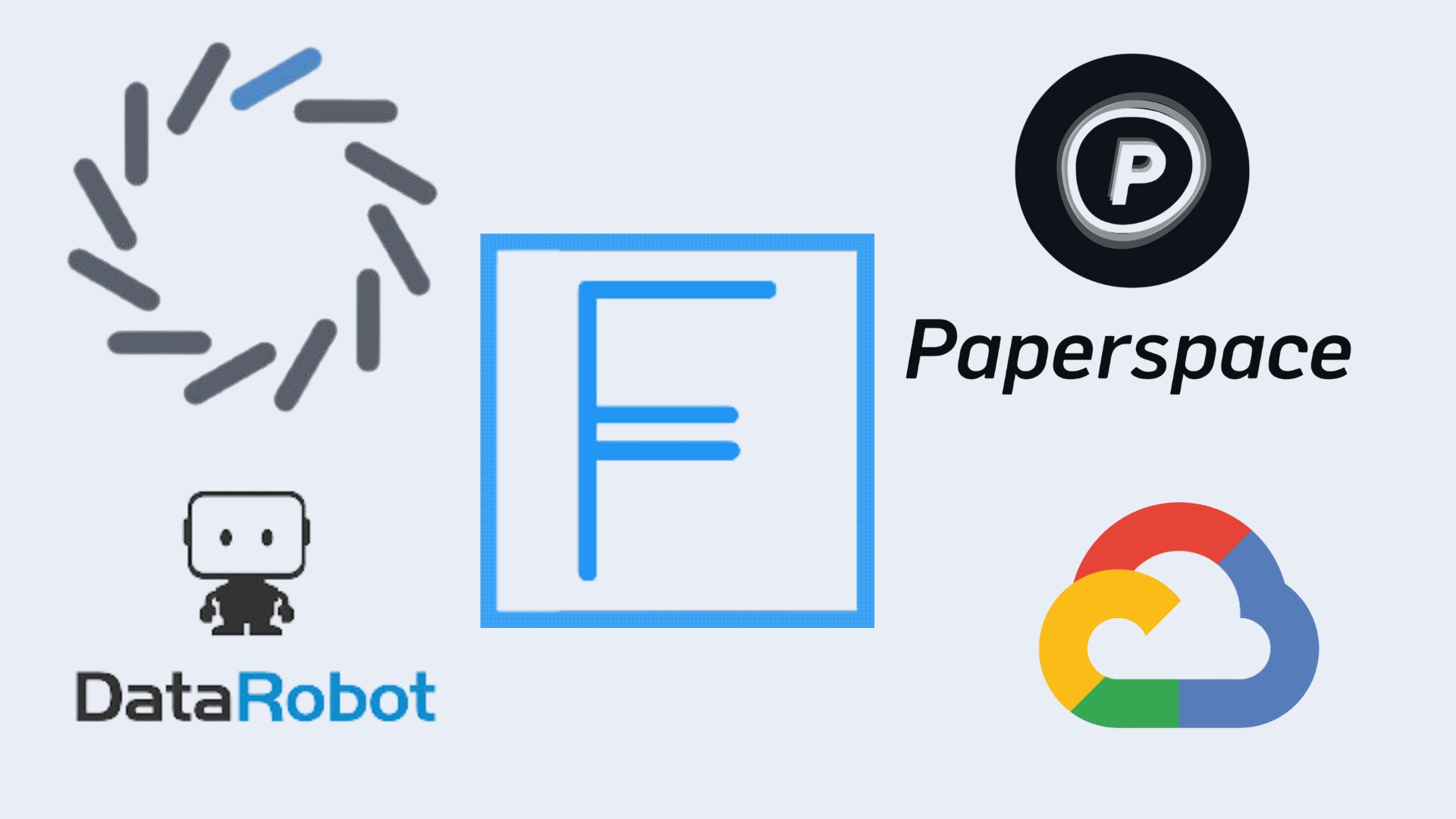
Frequently Asked Questions
How do you evaluate MLOps tools?
MLOps tools are evaluated based on factors like ease of use, scalability, integration capabilities, version control, and support for automation and monitoring.
What is the best platform for MLOps?
The best platform for MLOps depends on specific requirements, but popular choices include MLflow, Kubeflow, and Metaflow, each offering unique features and integrations.
What are the key principles of MLOps?
Key principles of MLOps include automation, collaboration, reproducibility, scalability, and continuous integration and deployment (CI/CD) to ensure efficient and reliable machine learning operations.
What are the key outcomes of MLOps?
Key outcomes of MLOps include accelerated model deployment, improved model performance and reliability, streamlined collaboration among teams, and enhanced scalability and reproducibility of machine learning workflows.
What is the best tool for ML pipelines?
The best tool for ML pipelines varies based on needs, but popular options include Apache Airflow, Kubeflow Pipelines, and Prefect, each offering robust features for orchestrating and managing machine learning workflows.
